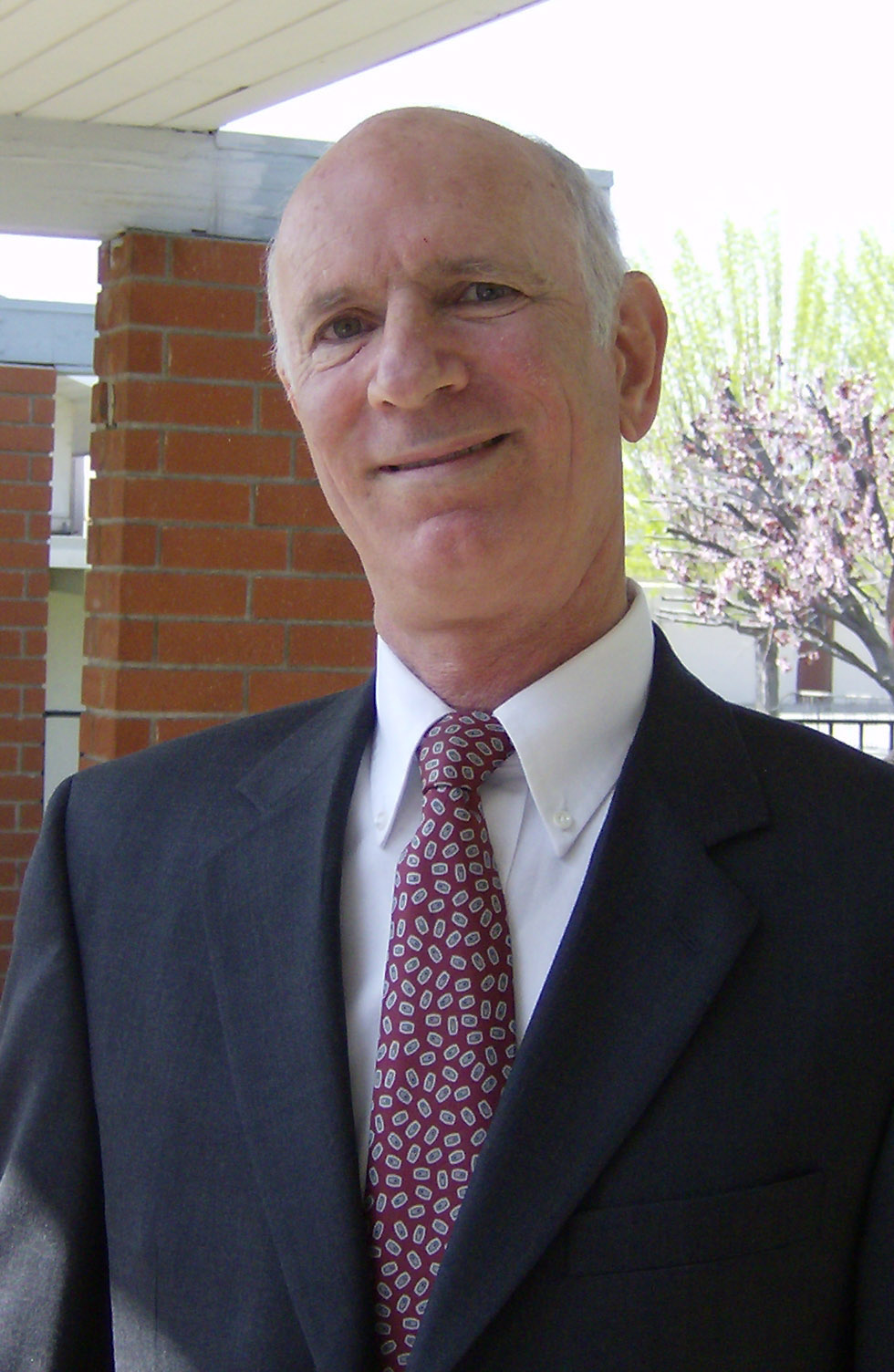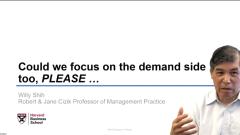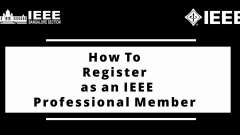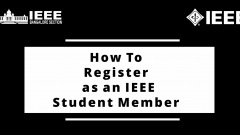(33:45 + Q&A) — Your organization must roll-out ideas effectively and without delay, so how do you overcome the management challenge of “leading change”? …
Leslie Martinich, Competitive Focus (and IEEE Distinguished Lecturer), and Dr. Karen Koepp, CEO, Koepp Research Corp.
Summary: Everyone – at every level – wants to believe that their organization will be able to keep up with constant industry change. With technology moving so fast and disruption the norm, being an innovative organization is fundamental to your organization’s very survival. The problem is that while change is constant and fast, innovation requires ideas and adoption. Ideas are sporadic and adoption is slow.
That’s why true, sustainable institutional innovation isn’t about waiting for ideas to strike, it’s about actively implementing an inclusive innovation process that incorporates effective technology management, finding opportunities, gaining executives’ buy-in, and moving forward with our best ideas. It is important to avoid distractions (financial concerns, internal power struggles, finding the “big idea”) so we don’t overlook opportunities around us. We should enact the leadership capable of piloting our organization to success so that our capabilities keep pace with market realities and emerging opportunities. This means tapping into the genius of each employee for new product ideas and then providing the leadership that fosters the trust and collaboration needed to bring those ideas to fruition.
Learning Objectives:
-- Discover the three hidden barriers to sustainability that hamper organizations.
-- Learn four steps for activating employees to identify emergent opportunities.
-- Take away five principles leaders can implement to support sustainable innovation.
Leslie Martinich is the founder of Competitive Focus and a long-time practitioner in the software industry. She has worked on projects with IBM, H-P, Compaq, Novell, 3M, Lek Pharmaceuticals, Freescale Semiconductor, Sun, Intel, and others, in the Americas, Europe and Asia. She helped architect RPC (Remote Procedure Call) technology, and led the team that implemented RPC at Novell. Descendants of RPC technology today allow for cloud computing. She is a noted author and expert in technology leadership and innovation, lecturing at international conferences and executive education programs. She currently chairs several Central Texas IEEE chapters, including Women in Engineering, and the Technology and Engineering Management Society. She is the Chair of the IEEE Central Texas Section.
Dr. Karen Koepp, founder and CEO of Koepp Research Corp., has dedicated her career to understanding and overcoming the challenges talented professionals face as they pursue advanced degrees, create unique thought leadership, and influence their fields. She has helped more than 700 professionals around the world and across industries earn their masters and doctoral degrees and turn their research into meaningful work beyond the degree. Her clients have produced innovative research; bestselling books; and insightful, well-recognized articles for publication in popular, professional, and scholarly publications. She also has an extensive track record helping for-profit, nonprofit, and governmental organizations and agencies optimize their operations and establish thought leadership.
For future talks from the Silicon Valley TEMS Chapter, please visit our website: https://r6.ieee.org/scv-tems
(33:45 + Q&A) — Your organization must roll-out ideas effectively and without delay, so how do you overcome the management challenge of “leading change”? …
Leslie Martinich, Competitive Focus (and IEEE Distinguished Lecturer), and Dr. Karen Koepp, CEO, Koepp Research Corp.
Summary: Everyone – at every level – wants to believe that their organization will be able to keep up with constant industry change. With technology moving so fast and disruption the norm, being an innovative organization is fundamental to your organization’s very survival. The problem is that while change is constant and fast, innovation requires ideas and adoption. Ideas are sporadic and adoption is slow....
 Cart
Cart Create Account
Create Account Sign In
Sign In




